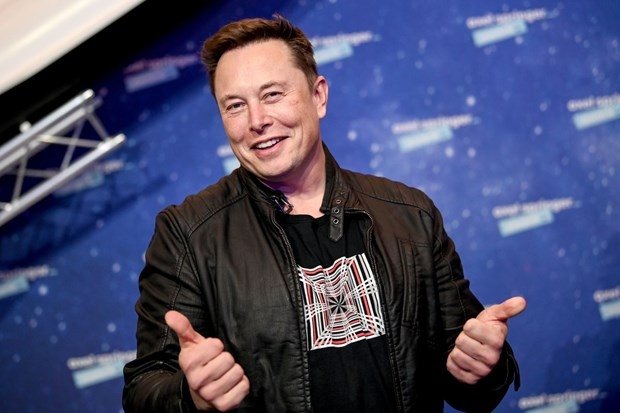In recent years, Elon Musk’s SpaceX has revolutionized global communications through its satellite-based internet service, Starlink. From disaster zones to conflict-ridden regions, Starlink has provided unparalleled access to the internet where traditional infrastructures have failed. However, its growing dominance has stirred unease among global powers—especially in Europe. With increasing concerns over digital sovereignty, geopolitical leverage, and national security, the European Union is now actively seeking to reduce its reliance on Musk’s satellite network.
This article delves into Europe’s strategic pivot away from dependence on SpaceX’s Starlink satellites, examining the implications for space policy, digital independence, and global security.
### **The Rise of Starlink and Europe’s Growing Concerns**
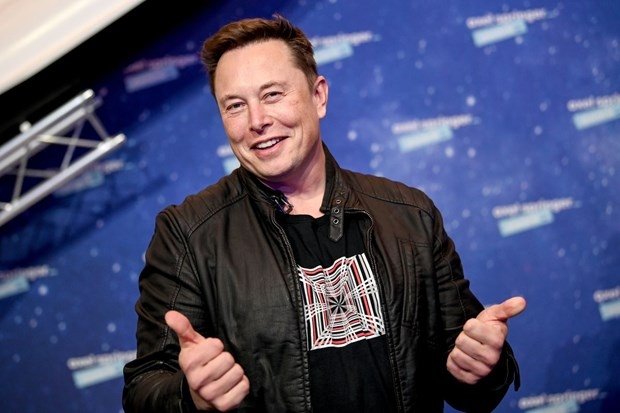
Starlink, the ambitious project under Elon Musk’s SpaceX, consists of thousands of low-Earth orbit (LEO) satellites designed to provide high-speed internet access to even the most remote regions on Earth. Its success in Ukraine during the Russia-Ukraine war underscored Starlink’s importance as a powerful and reliable tool in modern conflict zones. But that same success has raised alarms across European capitals.
Leaders in Brussels, Berlin, and Paris are beginning to see Starlink not just as a technological marvel, but as a potential strategic vulnerability. Musk, a private billionaire with strong ties to the U.S. government, effectively controls a critical communications infrastructure that many European governments and militaries now rely on. This dependency has sparked a growing debate: should Europe trust a private U.S. entity with such a vital component of its digital infrastructure?
### **Digital Sovereignty in the 21st Century**
Digital sovereignty refers to the ability of a nation or union, such as the EU, to control its own digital infrastructure, data, and communications without foreign interference. For decades, European countries have been reliant on American tech giants for cloud storage, software, and social media platforms. The Starlink system is the latest addition to this dependency.
Europe’s move to reduce its reliance on Musk’s satellites is part of a broader effort to regain digital autonomy. EU officials argue that relying on a U.S. billionaire for emergency internet access or military communications presents an unacceptable risk. If Musk were to restrict access due to business, political, or personal considerations, Europe could find itself digitally stranded.
This concern came into sharp focus during the Ukraine conflict when reports emerged that Musk had limited Starlink access in certain areas based on his own assessments. Such actions, while within Musk’s rights as a business owner, underscored the dangers of relying on a private actor for essential services.
### **The EU’s Response: IRIS² and Space Autonomy**
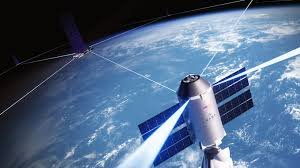
To counterbalance Starlink’s dominance, the European Union has announced its own sovereign satellite constellation known as **IRIS²** (Infrastructure for Resilience, Interconnectivity and Security by Satellite). Scheduled for launch by 2027, IRIS² aims to provide secure, high-speed internet access to EU member states, remote regions, and strategic partners.
The €6 billion project is a collaboration between the European Commission, the European Space Agency (ESA), and private industry. Unlike Starlink, IRIS² will be under direct EU oversight, ensuring that access to its services will align with European legal frameworks and democratic accountability.
By developing its own system, the EU seeks to regain control over critical infrastructure, enhance cybersecurity, and strengthen its geopolitical standing in the increasingly competitive space sector.
### **The Strategic Importance of Satellite Networks**
Satellites are no longer just about weather forecasting or GPS navigation. They are vital for modern military operations, disaster response, global communications, and cybersecurity. The Starlink network, with its fast deployment, encryption capabilities, and resistance to jamming, offers strategic advantages that militaries around the world covet.
Europe’s over-reliance on Musk’s system gives SpaceX—and by extension, the U.S.—substantial geopolitical leverage. While the U.S. and Europe are long-time allies, the EU is increasingly focused on strategic autonomy, especially after recent global events that highlighted the fragility of international supply chains and alliances.
Having its own satellite infrastructure would allow Europe to act independently in times of crisis, whether geopolitical or natural, and avoid being caught in the crossfire of transatlantic political disagreements.
### **A Cautious Recalibration, Not a Total Rejection**
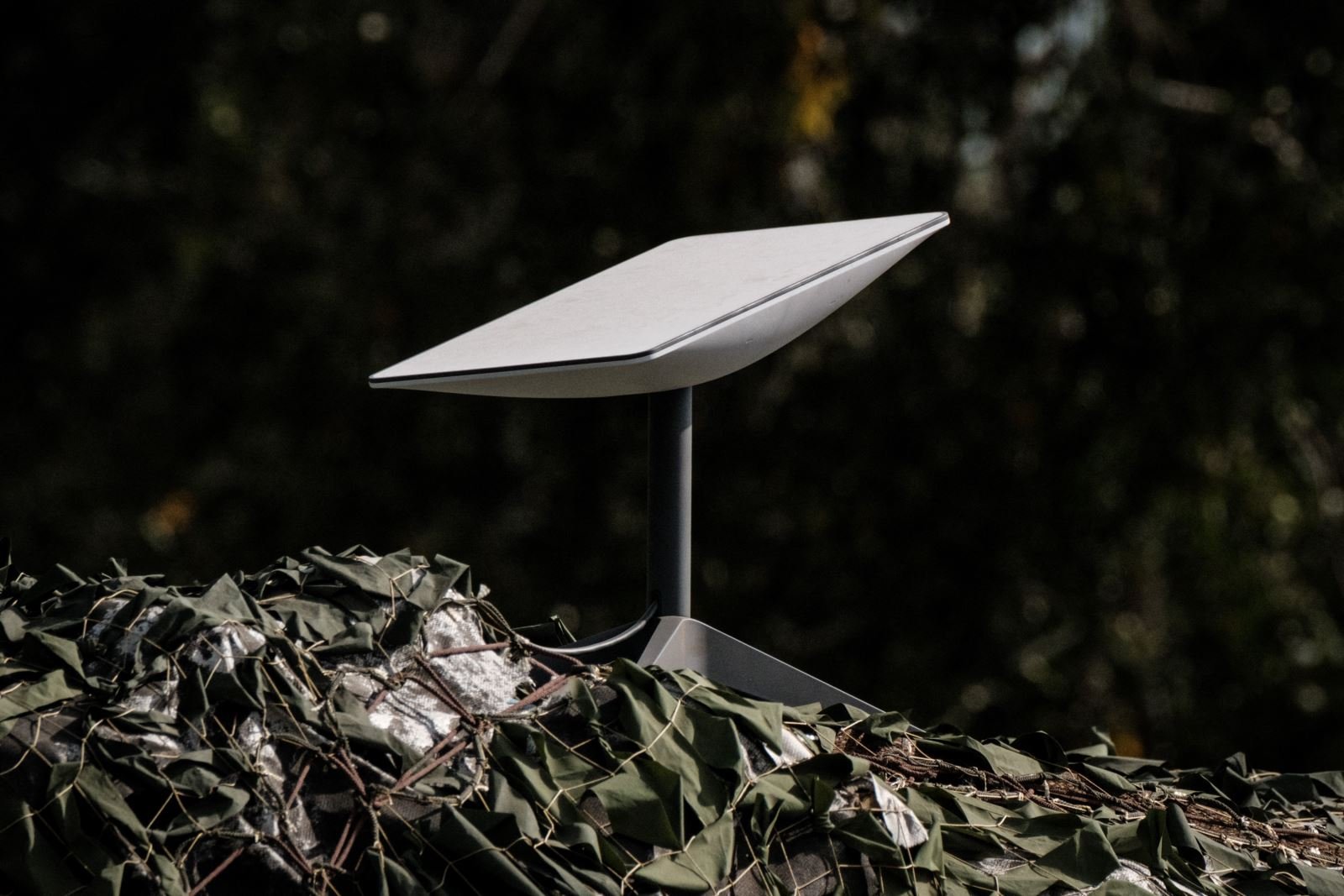
Despite the move toward autonomy, Europe is not severing ties with Starlink entirely. Instead, it seeks to diversify its options. Starlink has proven invaluable in scenarios where speed and agility matter most, such as humanitarian relief efforts or battlefield connectivity.
European governments acknowledge Musk’s contributions to technological innovation. Still, they want to avoid a situation where a single actor, no matter how visionary, has unchecked influence over Europe’s strategic infrastructure.
The approach is not one of confrontation, but of cautious recalibration. The EU’s strategy involves building alternatives, strengthening regulatory oversight, and fostering innovation within its borders. It’s about ensuring that Europe can stand on its own feet in the digital and space domains.
### **Private Power vs. Public Accountability**
One of the core dilemmas posed by Starlink is the unprecedented level of power concentrated in the hands of a private individual. Elon Musk, through SpaceX, has the ability to enable—or disable—connectivity for entire regions at his discretion. This level of influence goes beyond traditional business operations; it enters the realm of global diplomacy and military strategy.
Governments are traditionally the stewards of critical infrastructure, with established protocols for transparency, accountability, and democratic oversight. Starlink, by contrast, operates under the direction of a single executive, accountable primarily to shareholders and himself.
Europe’s IRIS² initiative represents an effort to bring essential infrastructure back under public control. By doing so, it aims to ensure that access, policies, and ethical considerations are decided collectively, not unilaterally.
### **Challenges Ahead for European Space Ambitions**
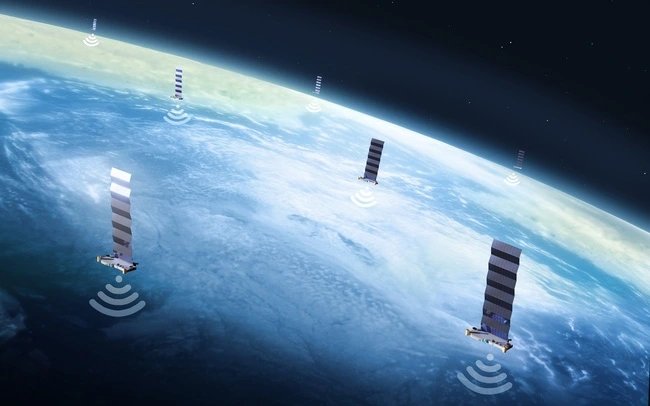
While the vision behind IRIS² is bold and necessary, it faces significant challenges. Europe lacks the same level of launch capacity, private investment, and infrastructure as the U.S. space sector. SpaceX’s rapid pace of innovation and cost-efficiency has set a high bar for competitors.
Furthermore, coordinating efforts across 27 member states with differing priorities, budgets, and political pressures presents a major logistical challenge. The success of IRIS² will depend not just on funding and technology, but on political unity and sustained commitment over the long term.
Still, recent moves suggest that the EU is taking the challenge seriously. Increased investment in aerospace startups, public-private partnerships, and tighter coordination between national space agencies are all signs of a more assertive European space strategy.
### **Global Implications of Europe’s Shift**
Europe’s decision to reduce reliance on Starlink has ripple effects beyond the continent. It signals to other regions—including Africa, South America, and Asia—that digital independence matters. As more countries grapple with the implications of relying on foreign-controlled tech infrastructure, Europe could become a model for sovereign digital ecosystems.
Additionally, this move may inspire more balanced regulatory frameworks for satellite-based internet services, ensuring that private innovation serves public interest without compromising national security or democratic values.
### **The Future of Space is Multipolar**
For decades, space was dominated by a handful of superpowers. Today, it is becoming a multipolar arena, with private companies like SpaceX playing increasingly central roles. In this new environment, the balance of power is shifting, and traditional boundaries between public and private actors are blurring.
Europe’s effort to assert space sovereignty through IRIS² is a recognition of this new reality. It reflects the understanding that technological dominance must be balanced with democratic control, and that sovereignty in the digital age extends far beyond terrestrial borders.
### **Conclusion: A Defining Moment for Europe’s Digital Future**
Europe’s push to wean itself off dependence on Elon Musk’s satellites marks a critical juncture in the continent’s digital and geopolitical evolution. It’s a story not just about satellites, but about sovereignty, security, and the role of democratic governance in an increasingly privatized technological world.
While challenges remain, Europe’s determination to develop its own infrastructure through initiatives like IRIS² sends a powerful message: that in the age of space-based internet and rapid technological change, no region can afford to outsource its future.
The success of this endeavor will not only shape Europe’s strategic capabilities but may also define how humanity balances innovation with independence in the decades to come.
